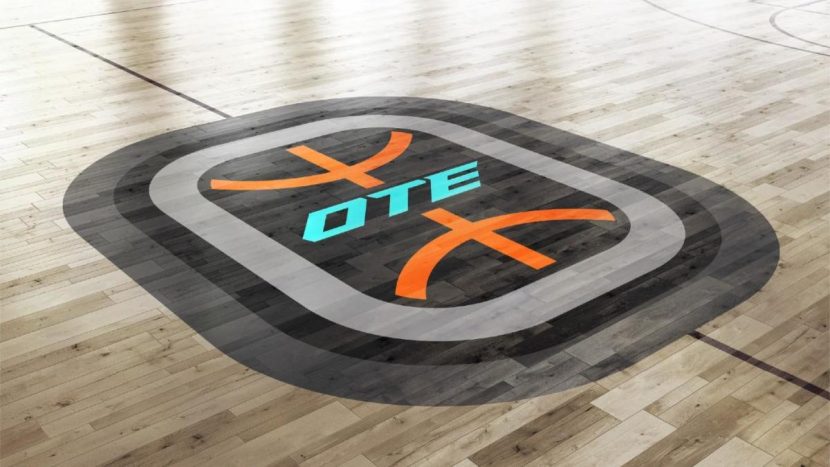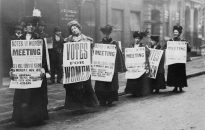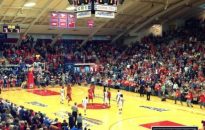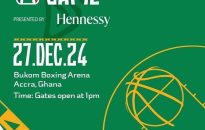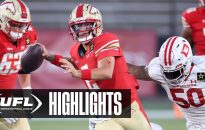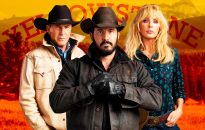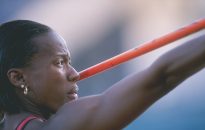Millions of college basketball fans are once again watching this year’s March Madness tournament. It’s not only a great sporting event, but it’s a commercial bonanza, generating around a billion dollars each year for the NCAA and hundreds of millions for colleges and universities. Players are earning big now too, with top athletes raking in […]
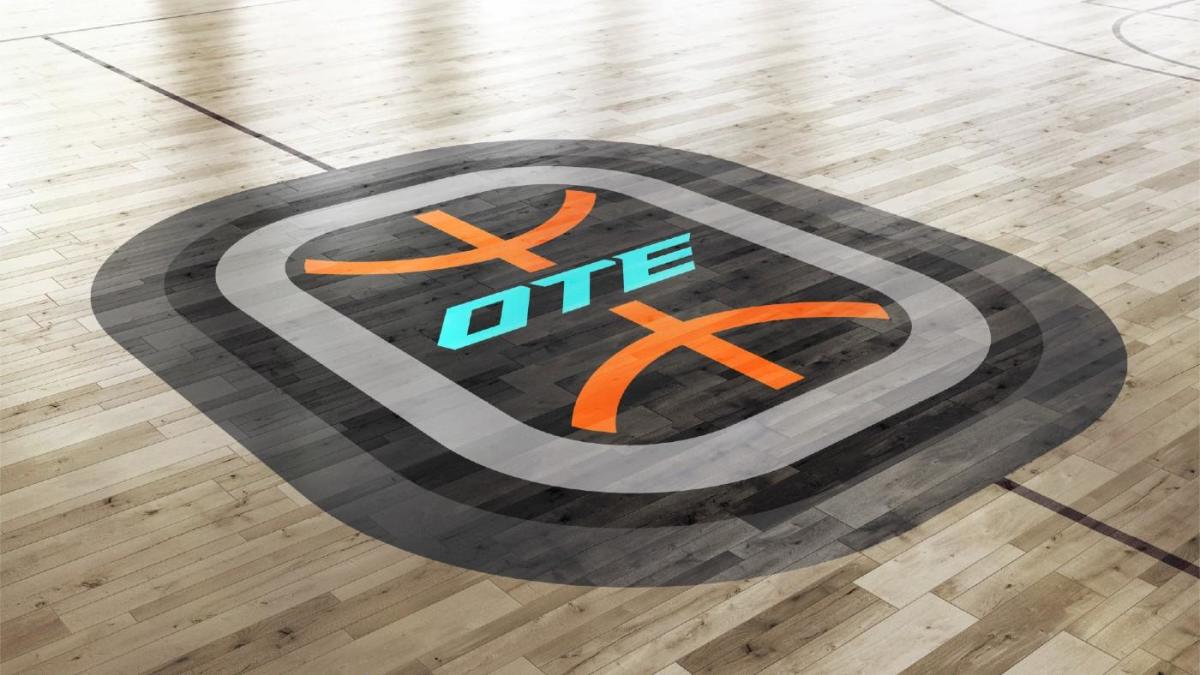

Millions of college basketball fans are once again watching this year’s March Madness tournament. It’s not only a great sporting event, but it’s a commercial bonanza, generating around a billion dollars each year for the NCAA and hundreds of millions for colleges and universities. Players are earning big now too, with top athletes raking in millions in “name image and likeness” (NIL) earnings. These numbers are only going to rise, especially now that colleges and universities are on their way to directly paying professional student athletes to compete.
Cooper Flagg is reportedly earning millions in NIL playing basketball for Duke, but the Bewley twins are still being punished over taking 0,000 when they were in high school. This is ridiculous. The NCAA continues to ban them from participating—arguing that the Overtime Elite deal was pay-for-play, a laughable distinction since the only reason college athletes get NIL deals today is because they play.
Every elite college athlete now has the opportunity to earn enormous sums of money for playing. NIL is the single biggest change to college athletics in history. Players in the March Madness tournament in 2025 are professional student athletes, and they’re getting paid for their ability to play basketball.
Moglia is the former CEO and chairman of TD Ameritrade. In 2012, he became Coastal Carolina University’s head football coach, leading the team to four conference championships and an overall record of 56-22. He is now the executive advisor to the president and chairman emeritus of athletics at Coastal Carolina.
But the system is hardly fair. While the NIL era has unleashed an explosion of money in college sports, the NCAA’s poor leadership has made the system unfair and nonsensical. Not only are colleges and universities struggling to keep up due to weak contracts and the transfer portal, but student athletes are suffering because of the leadership vacuum as well. Take the case of the Bewley twins.
I can understand why the NCAA initially banned them, and it was the right thing to do. At the time that the Bewleys signed their deal, the NCAA prohibited college athletes from earning any money from basketball. But the twins have done their time, and the world has changed since they first joined Overtime Elite. It makes zero sense to continue banning them from D-I play when other players are making millions on NIL deals. The twins lost in court and withdrew their appeals. But the NCAA still needs to do the right thing now and restore their eligibility.
This is just the latest example of the terrible treatment of what are, for all intents and purposes, professional student athletes. March Madness is the NCAA’s strongest product, and it’s a major earner for schools, but there’s a limit to how long athletes—and universities—will tolerate these sorts of failures.
There’s no deterrent value in the Bewleys’ punishment, and it’s potentially ruining the careers of two promising young athletes, who were relegated to playing junior-college ball this season. The NCAA is supposed to protect and support student athletes, but instead they seem to be actively trying to cause harm in this case.
When they were still in high school, the Bewleys were recruited to play as part of Overtime Elite, a league for top-tier basketball prospects. They were able to continue their last two years of high school while playing in an intensive clinic environment. And they were paid—0,000 salary plus bonuses—at Overtime Elite. This was in 2021, shortly before NCAA’s ban on NIL payments collapsed.
Universities can always host a basketball tournament without the NCAA. But can the NCAA survive without March Madness?
Ryan and Matt Bewley are 21 years old, and from the time they were in high school, they were expected to be top prospects, not just for the NCAA but eventually for the NBA. But despite their potential, they won’t be competing in this year’s March Madness tournament. In fact, they’ve never had the opportunity to hone their skills through D-I play.
Today’s guest columnist is Joe Moglia, executive advisor to the president and chairman emeritus of athletics at Coastal Carolina University.
Unfortunately, the organization has consistently failed on NIL, and continues to engage in wishful thinking that Congress will somehow put the toothpaste back into the tube.
The Bewley twins were clearly in violation of NCAA amateurism rules when they first signed with Overtime Elite, and they were banned from D-I play as a result. As explained by Sportico, the brothers brought a federal lawsuit against the NCAA hoping to be declared eligible. But U.S. District Judge Robert Gettleman reasoned the brothers were paid at least in part for their labor and for expenses above those that are actual and necessary. Payment for NIL is supposed to reflect use of an athlete’s identity for endorsement or sponsorship, not pay-for-play. That’s the legal reason the brothers’ ban remains in effect, long after the NIL ban died.








